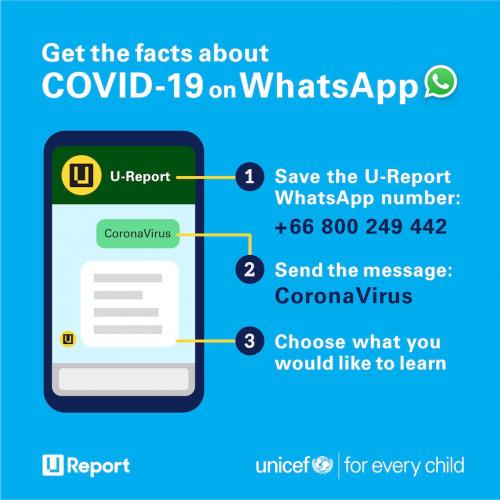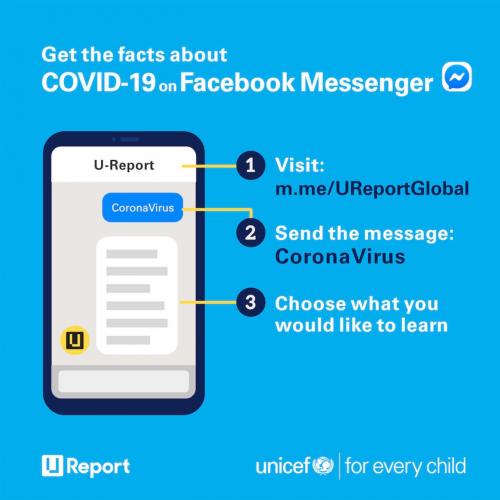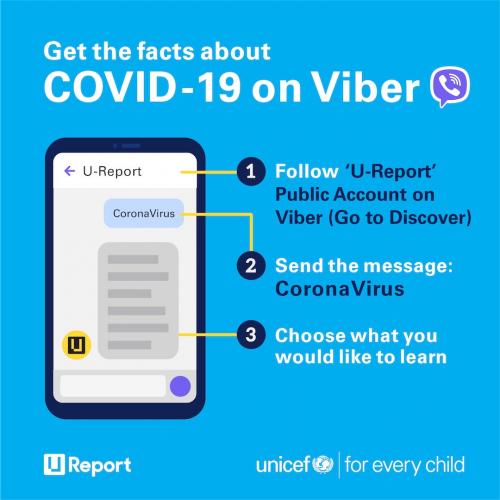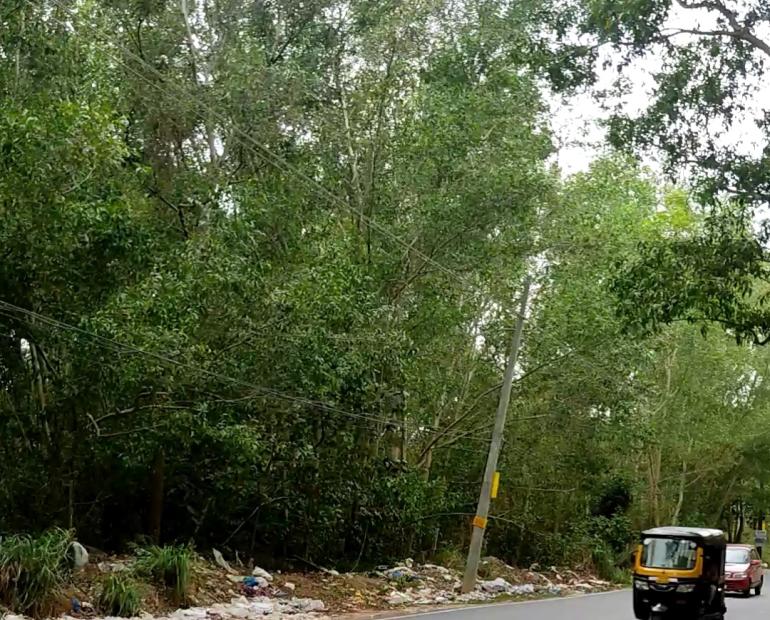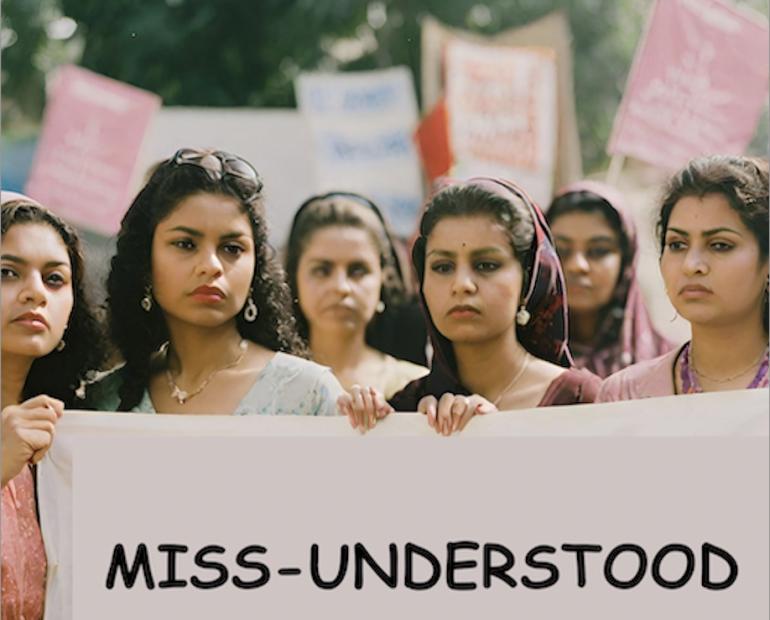All around the world, people are taking necessary steps to protect themselves and their families from the new coronavirus disease (COVID-19), to support their communities, and prevent the spread of the outbreak. And your help matters.
As a volunteer, club member, young advocate, young reporter or concerned citizen we know that you are passionate about making the world a better place for children. Many of you are probably already taking action to prevent the spread of COVID-19!
Inspired by the actions of young people across the world we’ve compiled a set of actions that anyone can take to join the fight against misinformation and stigma, and to promote community support and spirit, divided by the time it will take you to get involved, so you can decide how you can best contribute.
You can also download this guide in pdf format (6MB) and share it with your networks:
If you can donate, join Greta Thunberg, Human Act and UNICEF, who kick-started a campaign to save and protect the most vulnerable children affected by the coronavirus. Visit this site for more information about this campaign and learn how you can support.
Before you take any action remember:
✅ Health first: do not put yourself at risk in any way. Make sure you follow local guidance regarding the types of activities that are permitted during the outbreak. Take care of your mental health, and if you are able to, help support others.
✅ Online safety: if people online become aggressive or behave like trolls do not engage with them. Check out more online safety tips here.
✅ It’s okay to be unsure: if someone asks you a question about COVID-19 and you’re not sure, don’t guess. Say that you don’t know and refer them to UNICEF and WHO or local government authorities.
Actions under 2 mins

- FOLLOW UNICEF and the World Health Organization (WHO) on Facebook, Twitter, Instagram for the latest information and updates.
-
SHARE the social media messages and graphics from UNICEF and WHO with your social media followers and friends to make sure they have correct and reliable information! You can also share links to UNICEF’s information in any online forums or comment sections on websites that you visit regularly.
-
Sign up for U-REPORT to get the latest updates in your country and to learn how to protect yourself. The U-Report COVID-19 Information Chatbot provides vital information about COVID-19 and challenges myths including through ‘rumor tracking’. Follow these steps to check it out:
Between 5 and 15 mins

- TEST your knowledge. Do you know the facts about COVID-19? Take the UNICEF quiz to find out. Then challenge your friends to take it.
-
SHARE your story or creative content with Voices of Youth and follow us on Twitter.
-
DO A TUTORIAL: If you have a skill or a hobby that you can do safely from home (dancing, cooking, poetry, fitness, art) you can also share that with friends online to brighten up their day - and yours.
-
GO LIVE on social media and show people how to wash their hands correctly and/or talk about the importance of physical distancing. Make sure you have the correct information before you share it with others – you can find a lot of resources on UNICEF’s website. You could also take part in one of the many local and global social media challenges happening to promote health and safety around COVID-19 or to boost people’s spirits.
-
INTERVENE when you hear or see family sharing misinformation or making discriminatory/xenophobic comments – in person, on social media or even in the family WhatsApp group. Learn how to do that:
2. Don’t accuse them of spreading misinformation. Instead point out to them that the story or advice they shared doesn’t look like it came from a trustworthy source OR that it is not the most accurate.
3. Point them to reliable and trustworthy sources like UNICEF and the World Health Organization and encourage them to follow these organizations for up-to-date and accurate information.
2. Point out to them that viruses can affect anyone and everyone, and that this is not about one group of people.
3. Point out to them that singling out one group of people and blaming them for the virus could have very serious consequences – it might encourage violence and prevent people from seeking medical care when they need it, which will further spread the disease.
4. Remind them that at times like this we need to support one another and promote kindness and compassion – even if we are scared.
More than 15 mins

- TALK TO YOUR FAMILY: Make sure that all your family members know the importance of handwashing and hygiene, physical distancing and where to find the latest, most reliable information. If you have family who don’t live with you or don’t have regular access to reliable news sources, pick up the phone and give them a call. This is especially true of grandparents (people over 70) and others who are more vulnerable.
- HELP WITH LEARNING & PLAY: Find out if you can help younger siblings or family members with learning and play activities if their schools have closed,.
- STUDY BUDDIES: If your school or university has closed, team up (virtually) with a friend or group of friends to study together or help each other with course material.
- COMMUNITY SPIRIT: Organize a remote or virtual activity with your friends, family or neighbors to show solidarity and support during this challenging time.
- COMMUNITY NEEDS: You might already be part of a community group – if so you can work together to understand how community members feel at this time, what their needs and what they are worried about. If you are not part of an existing community group find out which groups are already doing something. And remember to stay safe and avoid close contact with other people.
Resources
SOCIAL MEDIA CONTENT
Download or take a screenshot of this COVID-19 action card and share it on your Instagram Stories, Whatsapp Status and any other social media where you can inform and inspire your friends and family to take action too.
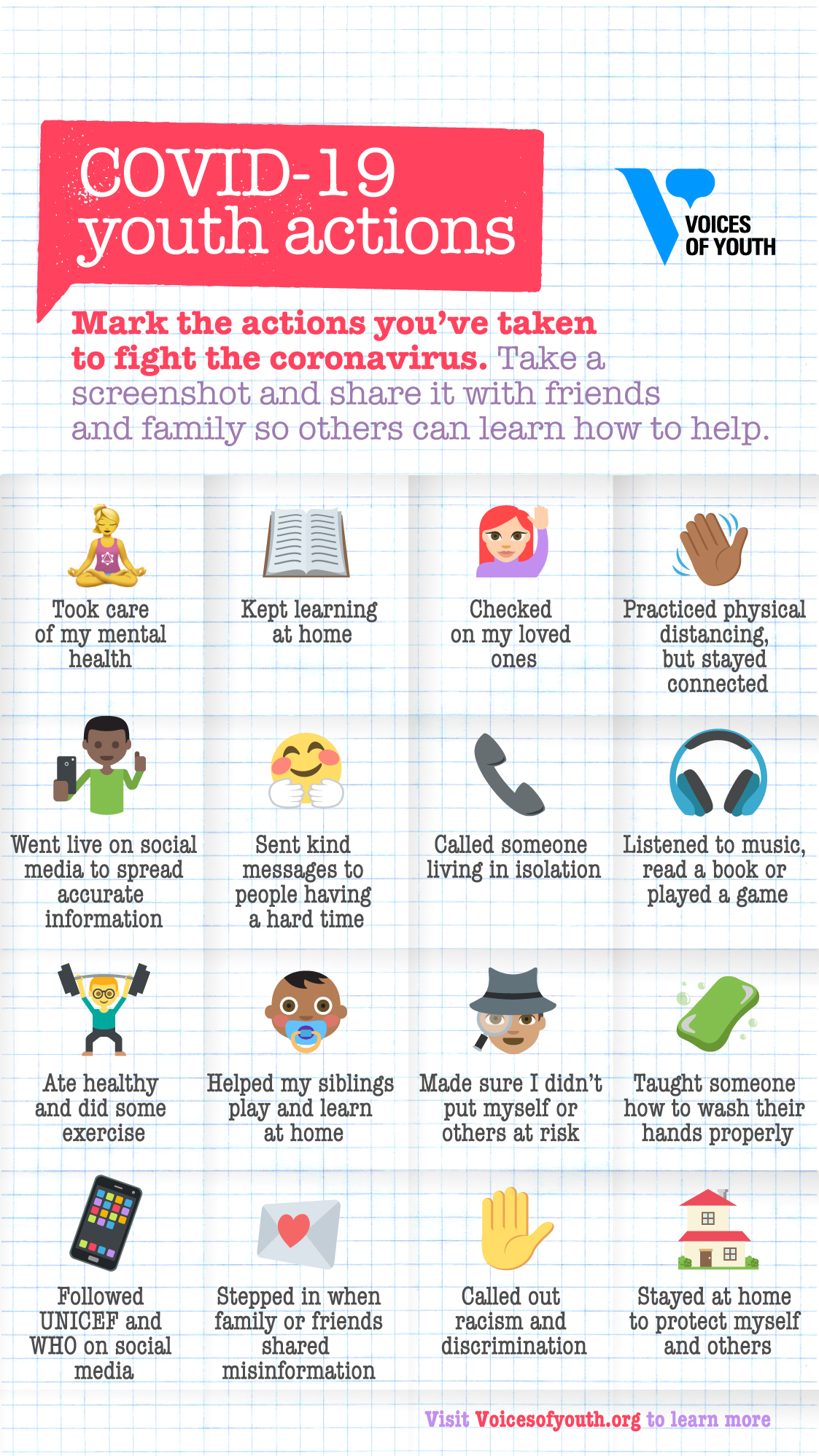
UNICEF Resources on COVID-19
- UNICEF COVID-19 portal
- A handwashing demonstration by UNICEF Executive Director Henrietta Fore
Mental Health Resources
- UNICEF article on how teens can protect their mental health during COVID-19
- VIDEO: Q&A on COVID-19 & mental health from WHO
- Voices of Youth site about COVID19 and mental health
- Mental Health resources from MHIN
- Mental Health and Psychosocial Support Resources During the COVID-19 Pandemic

We want this to be a living document that is regularly updated with your ideas, recommendations and experiences. If you have suggestions on how we can improve it, please send them to us via info@voicesofyouth.org


